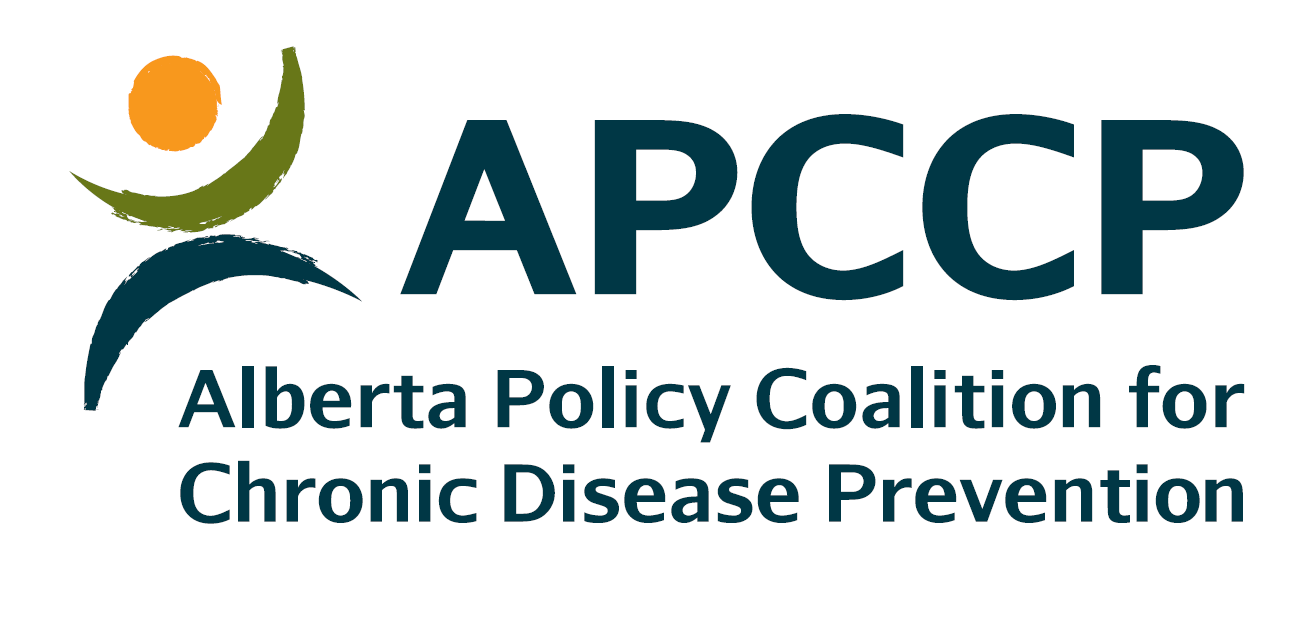EDMONTON – On Monday, November 20th, the Government of Alberta released a report on findings from the 2016-2017 school nutrition pilot program, and announced additional funding to continue the program into the 2017-2018 school year.
The Alberta Government’s student nutrition program currently targets K-6 students in select schools (1,2). According to the report, the 2016-2017 pilot program resulted in 2,560 breakfasts, 2,912 lunches and 2,623 snacks served daily, as well as contributed to other promising observations (2). In addition to releasing the report, during Monday’s announcement the government indicated that the 14 school boards currently participating in the pilot will each receive an additional $250,000 in grant funding for the 2017-2018 school year, while the remaining 48 school boards will each receive $141,000 (3). To participate in the initiative, school boards must align nutrition programs with the Alberta Nutrition Guidelines for Children and Youth, as well as include a nutrition education component (3).
The Alberta Policy Coalition for Chronic Disease Prevention (APCCP), a coalition of 17 prominent health organizations from across Alberta, applauds the government’s continued investment in student nutrition. “Continuing the program into the 2017-2018 school year can help ensure more students are getting the nutrition and food skills they need to learn and grow,” said Kayla Atkey, Policy Analyst for the APCCP.
While the program is a step in the right direction, more government action is needed to ensure students from grades 7-12 are not left behind. “Currently, the program focuses on students in elementary school. Some school boards are engaging in innovative practices that link the nutrition program to higher grade levels, but a targeted program to meet the nutritional needs of students in grades 7-12 is not in place,” noted Krista Milford, Project Coordinator with the Benchmarking Food Environments Project at the University of Alberta, School of Public Health.
This is concerning considering results from the 2017 Nutrition Report Card on Food Environments for Children and Youth. Findings from the Report Card indicate that Alberta youth, aged 12-17 years, are vulnerable to environmental influences on their health and nutrition in settings where they frequent (4). According to Statistics Canada, rates of overweight and obesity among children aged 2-11 in Canada are on a downward trend, but showing a slight increase amongst 12 to 17 year olds (5). “When we look at the key indicators that measure Alberta’s food and nutrition environment, youth in this province are not getting the attention that younger children are receiving,” said Milford.
The 2017 Nutrition Report Card calls for increased action in settings such as schools and recreational facilities to help make healthy choices easier for youth. A key recommendation from the Report Card is to broaden the reach of Alberta’s School Nutrition Program to include grades 7-12 (4).
-30-
To arrange an interview, please contact Krista Milford at 780-492-5911 or Kayla Atkey at 780-695-6370.
Available Spokespersons
- Krista Milford, Project Coordinator, Benchmarking Food Environments Project, School of Public Health, University of Alberta
- Kayla Atkey, Policy Analyst, Alberta Policy Coalition for Chronic Disease Prevention
About the APCCP
The APCCP represents a broad range of practitioners, policy-makers, researchers and community organizations who have come together to coordinate efforts, generate evidence and advocate for policy change to reduce chronic diseases in Alberta. For more information, visit: www.apccp.ca.
Additional Information
- Access Alberta’s 2017 Nutrition Report Card on Food Environments for Children and Youth: https://www.ualberta.ca/faculties/centresinstitutes/centre-for-health-nutrition/research
- Download the PDF release Click here
References
- Alberta Education. School Nutrition Program. Retrieved November 20th, 2017 from: https://education.alberta.ca/school-nutrition-program/school-nutrition-program
- Alberta Education School Nutrition Program. Alberta Education School Nutrition 2016/2017 Pilot. Retrieved November 20th, 2017 from: https://education.alberta.ca/media/3704342/school-nutrition-2016-17-pilot-summary.pd
- Government of Alberta. Student nutrition program powers learning. Retrieved November 20th, 2017 from: https://www.alberta.ca/release.cfm?xID=50009852CEA94-F1B3-550B-8CB1916584A62289
- Alberta’s 2017 Nutrition Report Card on Food Environments for Children and Youth. University of Alberta, Edmonton, Alberta. Retrieved November 20th, 2017 from https://www.ualberta.ca/faculties/centresinstitutes/centre-for-health-nutrition.
- Statistics Canada (2017). Table 105-2026: Measured children and youth body mass index (BMI) (Cole classification), by age group and sex, Canada and provinces, Canadian Community Health Survey – Nutrition. Retrieved August 18th, 2017 from:http://www5.statcan.gc.ca/cansim/a26?lang=eng&retrLang=eng&id=1052026&&pattern=&stByVal=1&p1=1&p2=31&tabMode=dataTable&csid=




